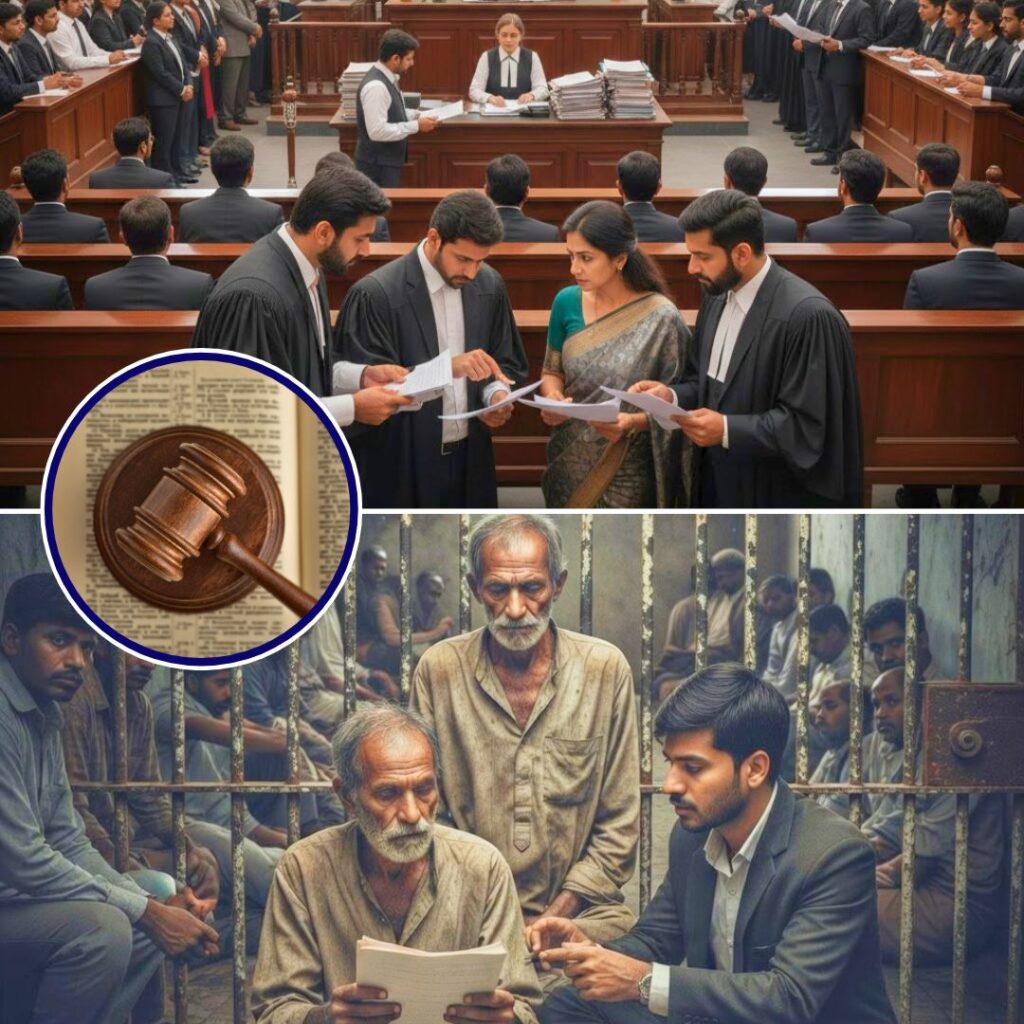The Andhra Pradesh High Court has issued a landmark ruling that a trans woman in a heterosexual marriage is entitled to legal protection under Section 498A of the Indian Penal Code (IPC), which deals with cruelty by a husband or his relatives.
The court’s June 16, 2025 judgment explicitly rejected arguments that womanhood is defined by reproductive capacity, declaring such views “legally unsustainable” and in violation of the Indian Constitution’s guarantees of equality, dignity, and identity. The case was brought by trans woman Pokala Shabana, who sought protection from alleged abuse by her husband and in-laws.
Landmark Ruling: Trans Woman Recognised as a ‘Woman’ Under Law
Justice Venkata Jyothirmai Pratapa, in a strongly worded judgment, clarified that being incapable of biological reproduction does not disqualify a trans woman from being recognised as a “woman” under the law. The court emphasised that denying such recognition and protection under Section 498A IPC is discriminatory and unconstitutional, violating Articles 14, 15, and 21 of the Constitution.
“A trans woman, born male and later transitioning to female, is legally entitled to recognition as a woman,” Justice Pratapa declared. The court also referenced the Supreme Court’s 2014 NALSA judgment, which affirmed the right to self-identify gender, and the Transgender Persons (Protection of Rights) Act, 2019, which recognises self-perceived gender identity without requiring medical intervention.
Background: Legal Precedents and Social Context
The case originated from a petition to quash criminal proceedings against a husband and his family members, who were accused of cruelty and dowry harassment by Pokala Shabana.
The accused argued that a trans woman could not be considered a “woman” under Section 498A IPC, but the court rejected this, citing previous rulings such as the Madras High Court’s recognition of trans women as “brides” under the Hindu Marriage Act, and the Supreme Court’s Supriyo v. Union of India (2023), which acknowledged the rights of transgender persons in heterosexual relationships.
While the court ultimately quashed the specific proceedings due to lack of evidence, it affirmed the right of trans women to seek legal protection under matrimonial law.
The Logical Indian’s Perspective
The Logical Indian commends the Andhra Pradesh High Court’s progressive stance, which upholds the dignity and rights of trans women and sets a powerful example for inclusive justice.
We believe that legal recognition must reflect the lived realities and identities of all citizens, fostering a society rooted in empathy, equality, and harmony. By affirming that womanhood is not defined by reproductive capacity alone, the court has taken a crucial step towards dismantling discrimination.













